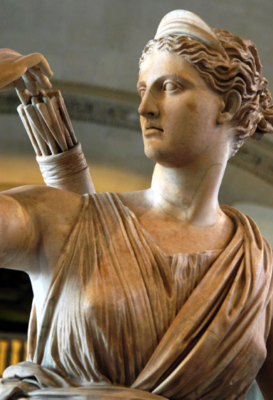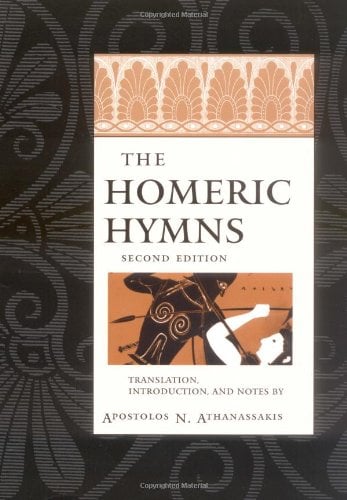

It is believed that a precursor of Artemis was worshiped in Minoan Crete as the goddess of mountains and hunting, Britomartis. This cult was a survival of very old totemic and shamanistic rituals and formed part of a larger bear cult found further afield in other Indo-European cultures (e.g., Gaulish Artio). However, the name Artemis (variants Arktemis, Arktemisa) is most likely related to Greek árktos "bear" (from PIE *h₂ŕ̥tḱos), supported by the bear cult that the goddess had in Attica (Brauronia) and the Neolithic remains at the Arkoudiotissa Cave, as well as the story about Callisto, which was originally about Artemis (Arcadian epithet Callisto). In later Hellenistic times, she also assumed the ancient role of Eileithyia in aiding childbirth.Īncient Greek writers linked Artemis (Doric Artamis) by way of folk etymology to artemes (ἀρτεμής) "safe" or artamos (ἄρταμος) "butcher".

The deer, wolves, and the cypress were sacred to her.

She was the Hellenic goddess of the hunt, wild animals, wilderness, childbirth, virginity and protector of young girls, bringing and relieving disease in women she often depicted as a huntress carrying a Bow & Arrows. In the classical period of Greek mythology, Artemis was often described as the dso and Leto and the twin sister of Apollo. The Arcadians believed she was the daughter of Demeter. Homer refers to her as Artemis Agrotera, Potnia Theron: "Artemis of the wildland, Mistress of Animals". Some scholars believe that the name, and indeed the goddess herself, was originally pre-Greek. Zeus and Leto (parents), Apollo (twin-brother), Aeacus, Angelos, Ares, Athena, Aphrodite, Dionysus, Eileithyia, Hebe, Hephaistos, Helen, Herakles, Hermes and Graces (siblings)Īrtemis (Ancient Greek: Ἄρτεμις) was one of the most widely venerated of the Ancient Greek deities.


 0 kommentar(er)
0 kommentar(er)
